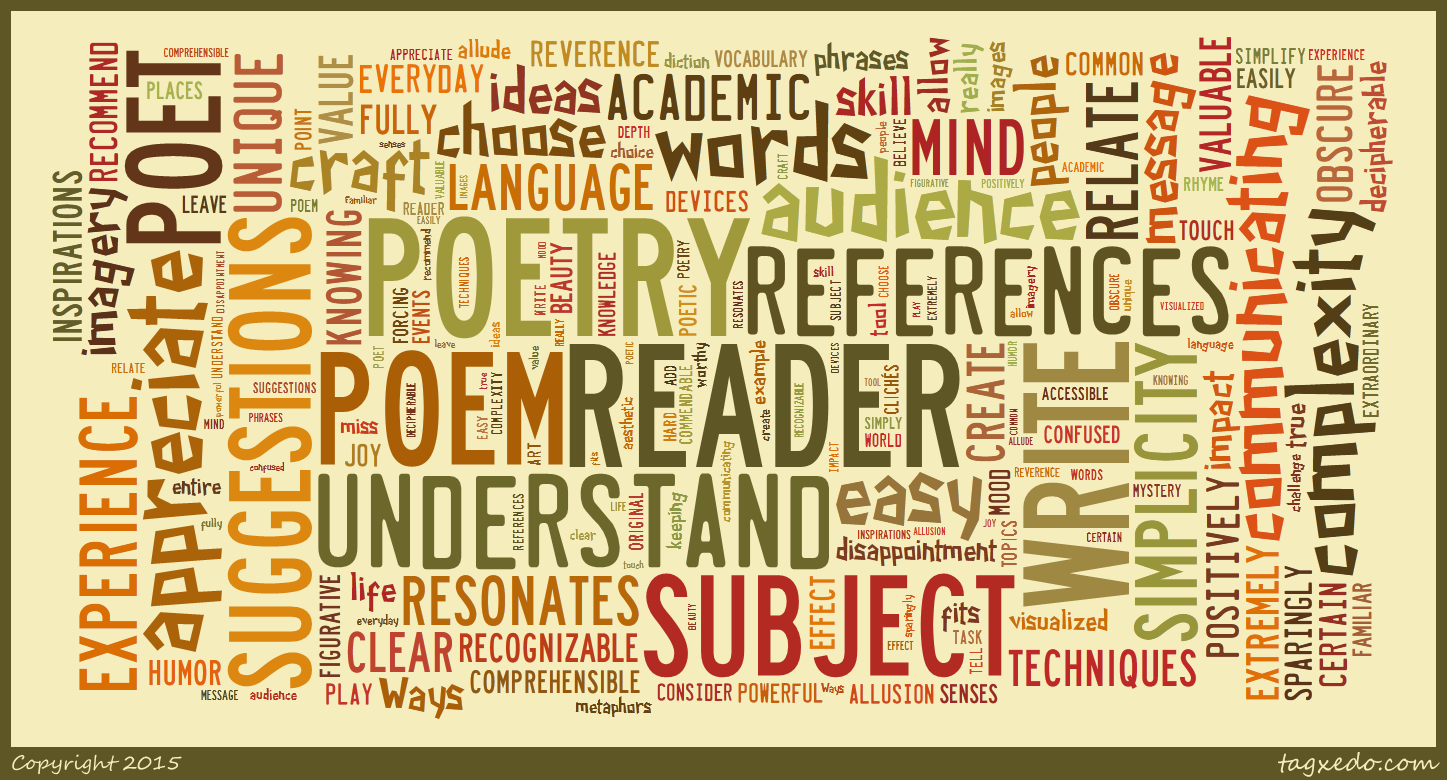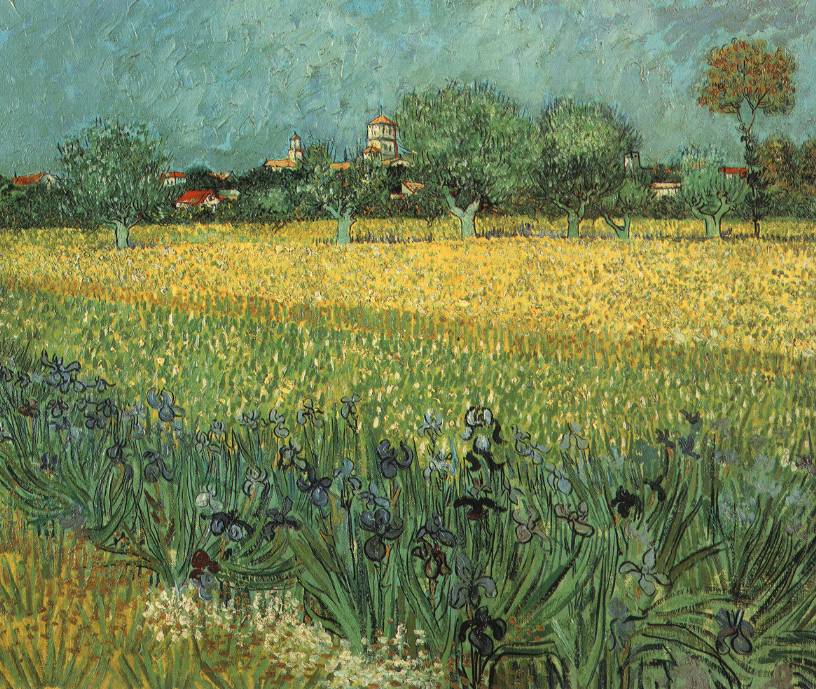
Building Your Creative Space
Making It Natural
“You have to play a long time to be able to play like yourself.” Miles Davis A dear friend…
June 13, 2021
“You have to play a long time to be able to play like yourself.” Miles Davis A dear friend…
June 13, 2021
Writing is difficult. Some days we face disappointment, rejection, criticism, frustration, nasty reviews, or writer’s block. On the tough…
August 8, 2019
Simplicity is extremely valuable when it comes to communicating through poetry. I’ve always wanted my poems to positively impact…
October 18, 2015
Hello, I’m Hope. A long, long time ago I used to teach English on the college level. I taught…
July 29, 2015
In my opinion, poetry is the high art form of all writing. Crafting a meaningful poem can’t be done…
June 20, 2015